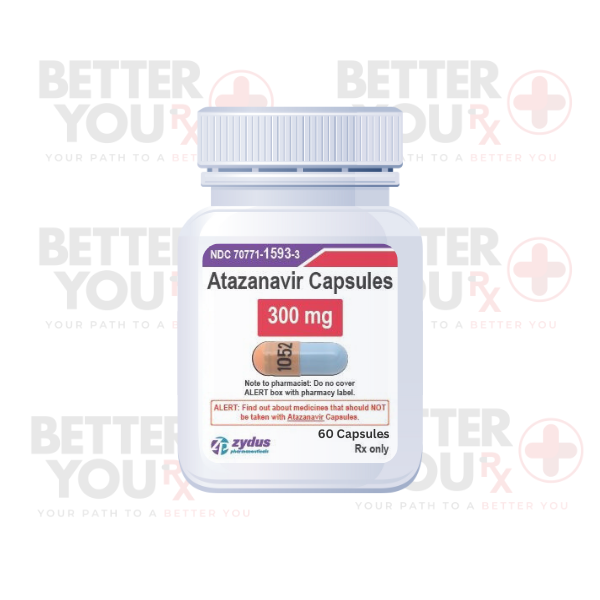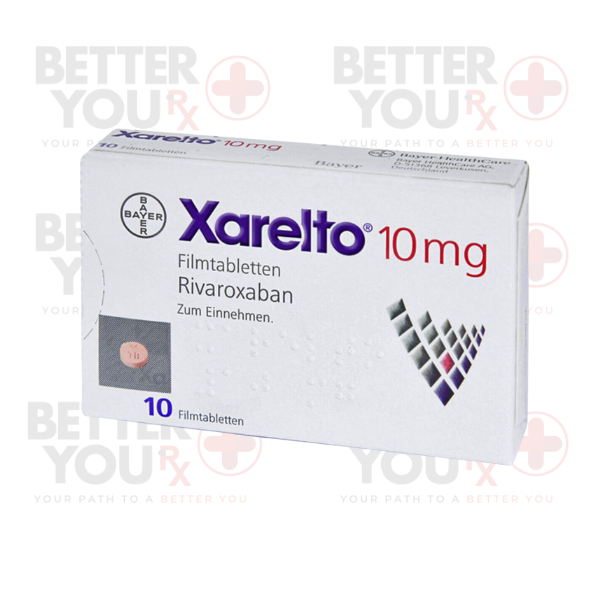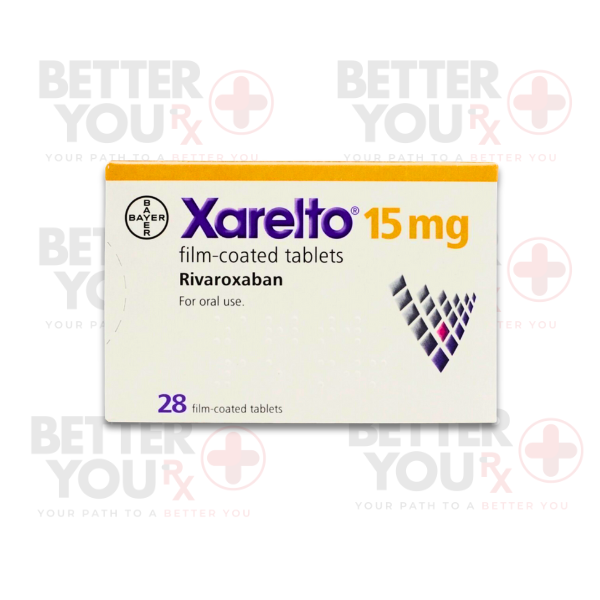| Usage |
Usage
-Imatinib is offered in the form of tablets designed for oral consumption. Typically, it is ingested with a meal and ample water, once or twice daily. Adhere to consistent timing. Follow your prescription label meticulously, and seek clarifications from your doctor or pharmacist as needed. Comply precisely with dosage instructions, avoiding any deviations. If swallowing is difficult, you can place the required tablets for one dose into a glass of water or apple juice. For each 100-mg tablet, use 50 milliliters of liquid; for each 400-mg tablet, use 100 milliliters. Stir until tablets disintegrate and consume the mixture instantly. Do not crush tablets. In case of contact with crushed tablets, cleanse the area thoroughly. For a prescribed 800 mg dose, take two 400 mg tablets. Do not consume eight 100-mg tablets, as the coating contains excess iron. Dosing adjustments might occur based on your response and encountered side effects. Maintain open communication with your doctor regarding your treatment experience. Continue imatinib even if you feel well, and do not halt usage without consulting your doctor.
|
| Side effects |
Side effects
Possible side effects may arise from imatinib use. Notify your doctor if any of these symptoms endure or become more severe:
• Diarrhea
• Nausea
• Vomiting
• Altered taste perception
• Mouth sores or mouth swelling
• Appetite loss
• Weight loss
• Heartburn or indigestion
• Dry mouth
• Headache
• Joint pain or swelling
• Bone pain
• Muscle cramps, spasms, or pain
• Tingling, burning, or prickling skin sensation
• Difficulty sleeping
• Sweating
• Teary eyes
• Pink eye
• Flushing
• Dry skin
• Rash
• Itching
• Nail changes
• Hair loss
Certain side effects demand immediate medical attention:
• Eye-area swelling
• Edema in the hands, feet, ankles, or lower legs
• Sudden weight gain
• Breathing difficulties
• Rapid, irregular, or pounding heartbeat
• Coughing up pink or bloody mucus
• Frequent night-time urination
• Chest pain
• Skin peeling, blistering, or shedding
• Yellowing of skin or eyes
• Blood in stool
• Unusual bleeding or bruising
• Flu-like symptoms, sore throat, fever, chills, or signs of infection
• Excessive fatigue or weakness
• Abdominal pain or bloating
Imatinib might slow growth in children; close monitoring is essential. Discuss potential risks with your child's doctor. Additional side effects could manifest; contact your doctor if any unusual issues arise during imatinib use.
|
| Storage |
Storage
-Ensure the medication remains in its original container, tightly sealed, and beyond the reach of children. Store at room temperature, safeguarded from excessive heat and moisture (avoid bathrooms). Properly dispose of unneeded medications to prevent accidental consumption by pets, children, or others. Do not flush down the toilet. Opt for a medicine take-back program by consulting your pharmacist or local garbage/recycling department. Keep medications hidden and out of children's reach, as certain containers aren't child-resistant. To prevent accidental poisoning, secure safety caps, and store medications out of children's sight and reach.
|
| Special Precautions |
Special Precautions
Before starting imatinib:
• Inform your doctor and pharmacist about any allergies to imatinib or other medications.
• Inform your doctor and pharmacist about your current and planned usage of prescription and nonprescription medications, vitamins, and nutritional supplements. Make sure to include any of the following: acetaminophen (Tylenol), alprazolam (Xanax), amlodipine (Norvasc, Caduet, Lotrel, Tribenzor), atazanavir (Reyataz), atorvastatin (Lipitor, Caduet), carbamazepine (Carbatrol, Equetro, Tegretol), clarithromycin (Biaxin, Prevpac), cyclosporine (Gengraf, Neoral, Sandimmune), dexamethasone, ergotamine (Ergomar, Migergot, Cafergot), and many others. Remember that other medications might interact with imatinib, so provide a comprehensive list to your doctor. Dose adjustments or careful monitoring may be necessary due to potential interactions and side effects.
• Communicate if you've had heart, lung, thyroid, kidney, or liver issues.
• Notify your doctor if you are pregnant or considering pregnancy. Avoid pregnancy during imatinib treatment and for 14 days after the final dose. Discuss birth control methods with your doctor. Call your doctor if you become pregnant during imatinib treatment.
• If breastfeeding, avoid it during imatinib treatment and for one month after the final dose.
• Alert your healthcare providers about upcoming surgeries, including dental procedures.
• Note that imatinib may cause dizziness, drowsiness, or blurred vision. Avoid driving or operating machinery until you understand its effects.
|











Reviews
There are no reviews yet.